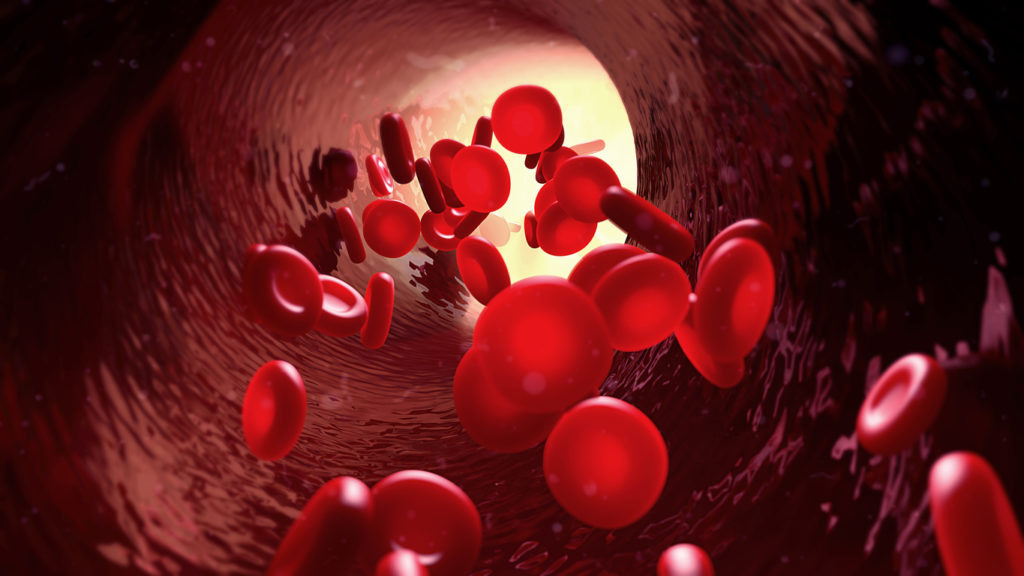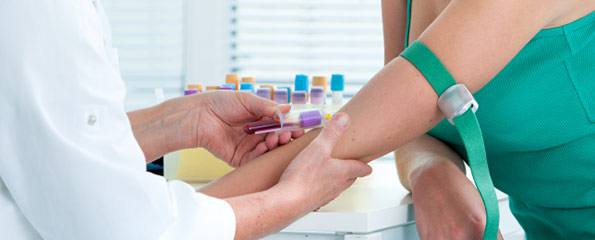Transcript
There are many gifts that we can give each other in this world. Possibly the most valuable one is the gift of life. We hear a lot about blood donation and at times the Red Cross will call for donors, but what do we really achieve or what happens when we give blood? Dr Joe Kosterich talks about blood donating, including what happens, why it’s needed and who might need it.
 In simplest terms for those of you who haven’t been along, you go along to the blood bank and they will ask you a series of questions because it’s important to know that not everybody is able to donate blood. We can’t go through the ins and outs in this video because they do change from time to time, but it doesn’t mean there’s anything wrong with you or that you’re a bad person or anything like that – it’s just that the blood bank will have certain criteria of where they can’t accept blood.
In simplest terms for those of you who haven’t been along, you go along to the blood bank and they will ask you a series of questions because it’s important to know that not everybody is able to donate blood. We can’t go through the ins and outs in this video because they do change from time to time, but it doesn’t mean there’s anything wrong with you or that you’re a bad person or anything like that – it’s just that the blood bank will have certain criteria of where they can’t accept blood.
Then they will pop you into a chair and put a little needle into your elbow, and take out roughly 450 mL of blood. The average person has 5 L of blood and a little bit to spare in the spleen, so it’s not going to be a problem – you’re not going to suddenly topple over because you’ve run out of blood. In fact, usually within 24–48 hours, people’s blood count is exactly back to where it was before they gave blood.
There are different types of blood. They’re all red, we all bleed, we all look pretty much the same, but there are different systems of assessing blood and there are blood types. The two most common characteristics are what are called ABO typing and Rhesus typing. ABO typing leaves people with either type A or B or O blood, and there’s also AB. Then there is Rhesus typing: it can be positive or negative. When sorting out blood donations and who gets blood, it’s important to match the blood. When people need a blood transfusion, they will match the person who needs the blood with a bank of donors. That’s why it’s called a blood bank – because they have a whole range of blood they’ve kept in their storage facilities designed to match different people. There are a finite number of types, and these days compared to even 30 years ago, what’s gone through to do matching and cross-matching is a little bit more involved, so that means that if you do need a blood transfusion, your body doesn’t react against the blood that you’re given.
Giving blood is a fairly simple process. In Australia, it’s all conducted by the Red Cross; in other countries it’s run slightly differently. But essentially you just go along and they take it out of you, and it’s all pretty straightforward. People can be regular blood donors – they can go every three or four months or so. Some people can be asked to give specific donations of things like platelets, which are blood clotting factors, and from other people they may want things from the serum. This is getting a little bit more specific than the purposes of this video, but it is something to be aware of.
When might you be in need of a blood transfusion? Two main times is when you’ve lost blood or you might lose some blood. So if people have been in traffic collisions or other forms of trauma where they have suddenly lost a lot of blood, they may well need a blood transfusion to top that up. That’s probably the most common reason. After that, when people have surgery, particularly heart surgery or perhaps orthopaedic surgery such as hip replacement or other surgery like that, then there may be blood loss during that time and blood may need to be replaced.
To sum up, giving blood is a really good idea. If you haven’t done it or you haven’t done it for a while, then contact your local Red Cross, go along and see if you can do something to help your fellow person – you will feel better for it. For those who need blood transfusion – hopefully this won’t apply to you, but it might do and if it does, you’ll certainly be grateful for the opportunity to receive it – it’s going to be because you’ve lost a significant amount of blood that needs to be replaced. You’ll certainly be grateful that someone has given blood, and you can certainly be very sure that there is lots of testing done so what you’re matched with will match your blood very well.
More information
 |
For more information on blood, blood types, blood tests, and blood donation and transfusion, see Blood. |
All content and media on the HealthEngine Blog is created and published online for informational purposes only. It is not intended to be a substitute for professional medical advice and should not be relied on as health or personal advice. Always seek the guidance of your doctor or other qualified health professional with any questions you may have regarding your health or a medical condition. Never disregard the advice of a medical professional, or delay in seeking it because of something you have read on this Website. If you think you may have a medical emergency, call your doctor, go to the nearest hospital emergency department, or call the emergency services immediately.







